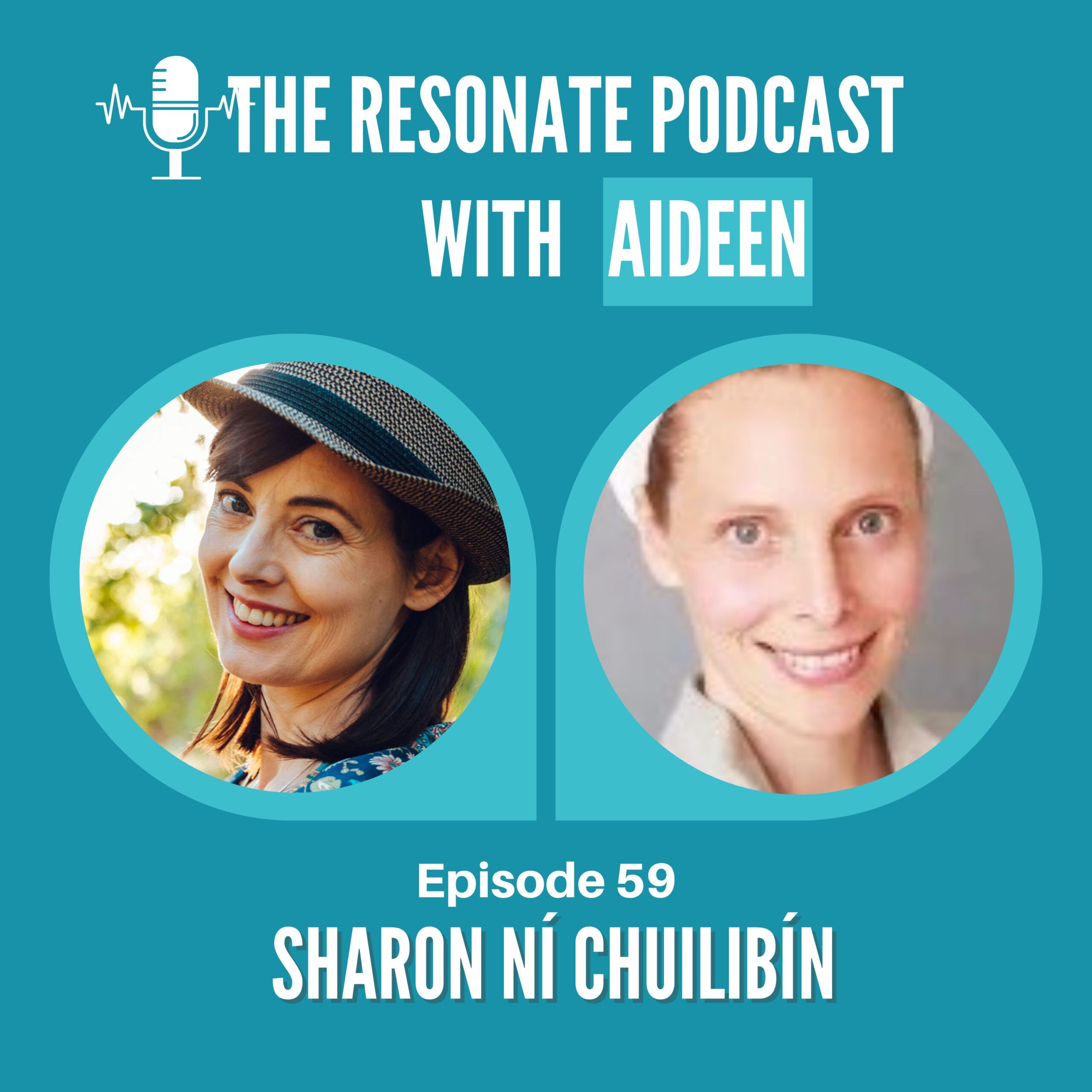Ever wondered how connecting with nature can lead to profound inner transformation? This episode of Resonate, featuring Sharon Ní Chuilibín, will show you just that. Together, we explore how moments of wonder and cosmic energy can realign us with our true selves. Sharon’s vivid descriptions and insights into ancient Irish sites and traditions reveal the historical and spiritual significance that can enrich our lives with creativity and fearless authenticity.
This episode also brings to light the universal threads of devotion and healing found in Sikhism, Sufism, and traditional Irish music, celebrating an inclusive approach to spiritual growth.
Find hope and beauty amidst challenging times with Sharon’s healing energy, shared through her music, and learn how to connect with her work for further healing and self-discovery.
Connect with Sharon:
Website: www.soulcompass.ie
Instagram: @rivers_of_eternity
LinkedIn: @sharon-ní-chuilibín2022/
